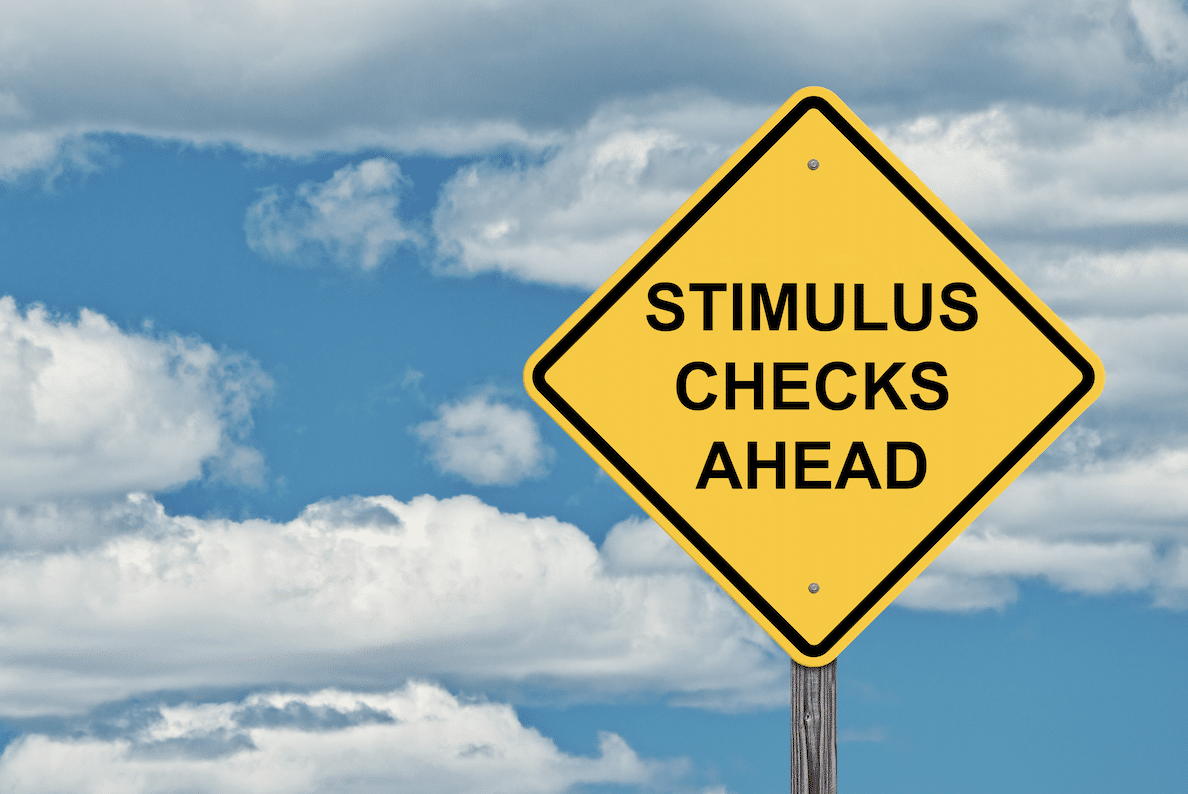Get your tax refund and your future stimulus checks even faster
The latest on the stimulus checks
You could receive another stimulus check for $1400 very soon! We’ve outlined everything you need to know about the new stimulus, including who qualifies and how you can get your checks faster.
Want to get your stimulus check even faster? Here’s how!
Have you filed your 2020 taxes yet? Get your tax refund and your future stimulus checks even faster when you sign up for direct deposit into your Sesame Cash account.
With Credit Sesame, you can get both your tax refund and your stimulus payment up to two days faster. That means you can start to pay bills and pay for necessities even sooner.
When filing your 2020 taxes you’ll have the option to register for direct deposit to get your tax refund and future stimulus checks even faster! Simply connect your no-fee Sesame Cash account to make sure you get your money quickly—and up to two days sooner—with no waiting for paper checks or worrying about depositing them!
A no-fee Sesame Cash account means you also keep more of your money for what matters most. When you do spend on qualifying purchases, you’ll save with instant cash back offers to help make every dollar count. It’s a win-win!
Finding your direct deposit information is easy. Simply log into the Credit Sesame app, hit the Cash ($) tab, then settings, and “direct deposit.”
Other ways to get your stimulus check
If you haven’t yet filed taxes for 2020, the IRS will deposit the payment into the bank account from your last tax return or send you a check in the mail.
Eligible recipients who do not have a bank account on file with the IRS will receive a paper check or pre-paid card. This can take a lot longer to receive than direct deposit, so we recommend filing your 2021 tax return and updating your direct deposit information as soon as you can to receive your check faster.
Who qualifies for the stimulus checks?
According to reports, the new stimulus checks would be based on the same income ranges as the previous payments. Full payments would go to:
- Individuals with up to $75,000 in adjusted gross income
- Heads of household with up to $112,500
- Married couples who file jointly with up to $150,000
If you earn between $75,000 and $80,000 as an individual or $160,000 as a married couple, you will likely receive a smaller check. And those who earn more than $80,000 likely won’t receive any stimulus payment.
Additionally, one of the differences with this bill is that there is no age limit on dependents. So in addition to the individual qualifications, those with dependents (children or adults), could receive an additional $1400 per dependent. For example, a family with a child and adult dependent could receive $5600 as part of this stimulus.
What else is included in the relief bill?
Several previous relief programs are set to expire in March. The new relief package will likely extend some of them, while others will not be extended.
Unemployment benefits: The expanded federal unemployment benefits are set to expire on March 14. This bill would extend the current program until the end of August to provide weekly payments for $300 to those that qualify.
Renter relief: The federal eviction moratorium is slated to end at the end of March, and can only be extended through a federal action.
We’ll keep you updated!
Stay tuned for our stimulus check calculator and other updates, coming soon!
We will continue to update this information as we learn more details. If you have any questions, please comment below or tag us on social media @creditsesame.
This article is for informational purposes only and should not be relied on as financial advice.




















